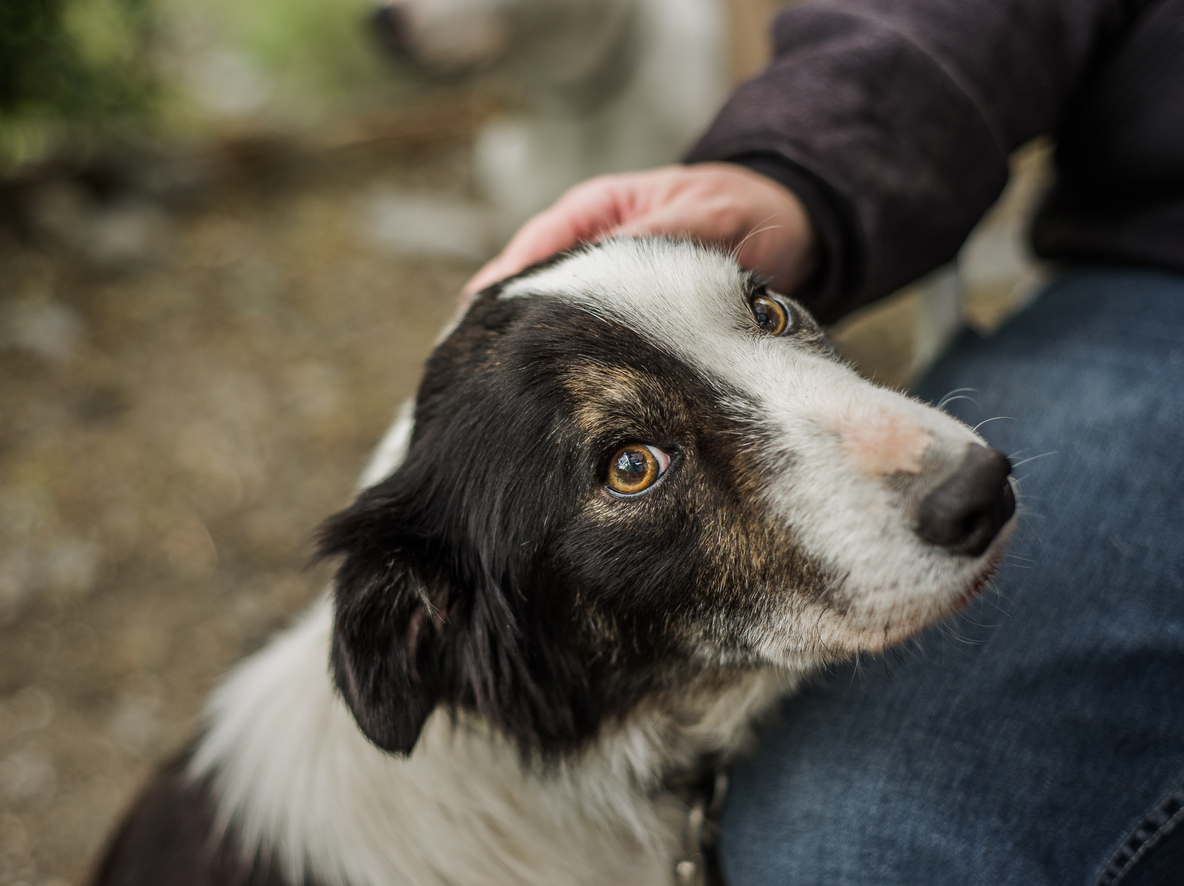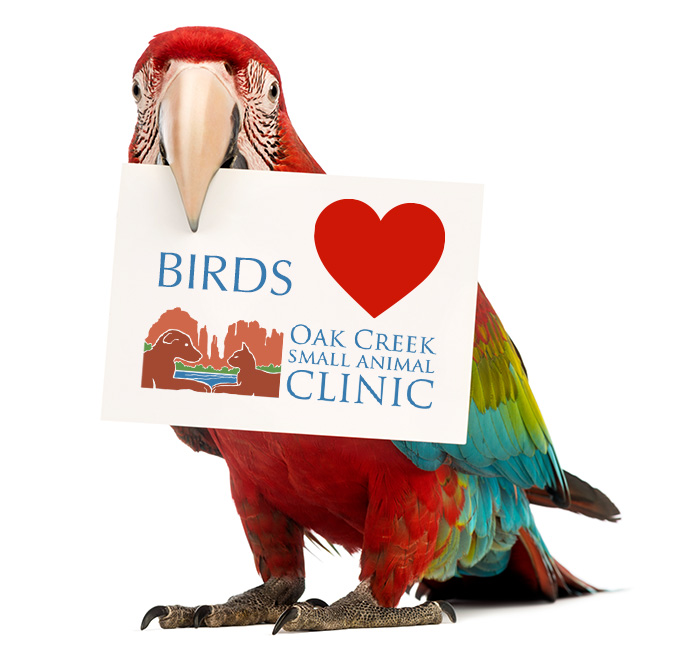Cancer remains one of the most serious health threats facing dogs and cats, yet with early detection, many pets can continue to live full, happy lives. At Oak Creek Small Animal Clinic in Sedona, Arizona, we are dedicated to helping pet owners recognize the early warning signs of pet cancer and understand the value of routine wellness exams. When cancer is discovered early, treatment is often more effective and less invasive, giving your pet the best chance for a positive outcome.
What Is Pet Cancer?
Cancer in pets occurs when cells grow uncontrollably, forming abnormal tissue or spreading to other areas of the body. These growths can be benign (noncancerous) or malignant (cancerous). Common cancers seen in dogs and cats include lymphoma, mast cell tumors, osteosarcoma (bone cancer), and mammary gland tumors.
Although senior pets are more likely to develop cancer, it can occur at any age. Routine exams are an essential part of early detection, allowing your veterinarian to identify changes that may not be visible or noticeable at home.
Benign vs. Malignant Lumps and Bumps

Not every lump or bump on your pet is cause for alarm—but all of them deserve attention. Benign growths are noncancerous and tend to grow slowly without spreading to other organs. Examples include fatty tumors (lipomas) and small skin cysts, which can often be left alone or removed if they interfere with movement or comfort.
Malignant tumors, on the other hand, can invade surrounding tissue or spread (metastasize) to other parts of the body. These cancers may grow rapidly or recur after removal. Because it’s impossible to tell by appearance alone whether a lump is benign or malignant, veterinary evaluation—including a fine-needle aspiration or biopsy—is the only reliable way to determine the cause.
Mammary (breast) tumors can develop not only in unspayed female dogs and cats but also in those spayed later in life—after one or more heat cycles. Spaying before the first heat offers the greatest protection against this type of cancer.
These tumors are less common in other species, but certain small mammals, such as rabbits and rats, can also develop them, particularly as they age. In rabbits, early spaying not only helps prevent mammary tumors but also protects against uterine and ovarian cancer, which are far more common. Birds and reptiles don’t have mammary glands, so they cannot develop mammary tumors, but they may still be at risk for other types of tumors, including those affecting the skin or internal organs.
If you notice a new lump or a change in an existing one, schedule an appointment promptly. Early testing makes a significant difference in successful outcomes.
Recognizing the Early Warning Signs
Because pet cancer can appear in many different ways, it is important to stay alert to even subtle shifts in your pet’s behavior or physical condition. Schedule an exam if you notice any of the following:
- Lumps or bumps that grow or change in shape
- Unexplained weight loss or reduced appetite
- Persistent coughing or breathing difficulties
- Lameness, stiffness, or reluctance to move
- Non-healing sores or abnormal bleeding
- Unusual fatigue, hiding, or personality changes
These signs do not always indicate cancer, but they do signal that something could be wrong. A professional exam is the best way to find out what is going on and begin treatment promptly if needed.
How Oak Creek Small Animal Clinic Detects and Manages Pet Cancer
Our veterinarians use modern diagnostic tools—such as digital X-rays, laboratory testing, and biopsies—to detect pet cancer as early as possible. If we diagnose cancer, we will work closely with you to create a customized treatment plan based on your pet’s condition and overall health.
Treatment options may include surgical removal of tumors, medication, or referral for specialized oncology care. Throughout this process, we focus on comfort, quality of life, and open communication. We believe every pet deserves compassionate, individualized care—and every pet owner deserves clear guidance and support.
Understanding Risk Factors and Prevention
While not all cancers can be prevented, certain factors may increase a pet’s risk. Genetics play a role, meaning some breeds—like Boxers, Golden Retrievers, and Siamese cats—may be more predisposed to cancer. Hormones can also influence risk; spaying or neutering your pet at the appropriate age can reduce the likelihood of certain reproductive cancers.
Exotic pets such as rabbits, birds, and reptiles can also develop various forms of cancer, though symptoms may be harder to recognize. Regular wellness visits are especially important for these species, as early signs—like reduced appetite, feather plucking, or unusual swelling—can easily go unnoticed at home. Our veterinarians at Oak Creek Small Animal Clinic are experienced in caring for exotic pets and can identify subtle health changes that may require further testing.
Environmental and lifestyle factors matter too. Limiting exposure to secondhand smoke, maintaining a healthy weight, and avoiding unnecessary chemical contact (such as lawn pesticides or harsh cleaners) can help protect your pet’s long-term health.
Finally, annual, or semiannual wellness visits are vital. These checkups allow your veterinarian to detect slight changes before they become major problems, especially in senior pets, who benefit most from early screening.
Compassionate Support for Pets and Families
A cancer diagnosis can be emotional and overwhelming. At Oak Creek Small Animal Clinic, our team understands the deep bond you share with your pet and provides the support you need at every stage of care. From pain management and nutritional guidance to ongoing monitoring, we are here to help your pet live comfortably while maintaining the best possible quality of life.
Schedule a Checkup for Peace of Mind
During Pet Cancer Awareness Month—and all year long—remember that early detection can make all the difference. Schedule a wellness exam at Oak Creek Small Animal Clinic in Sedona to discuss cancer screening options, review any new changes in your pet’s health, and ensure they are on track for a long, healthy life.
Because cancer treatment can sometimes be costly, you may want to explore your pet insurance options. Oak Creek Small Animal Clinic partners with Pawlicy Advisor to help pet parents compare plans and find coverage that fits their pet’s needs—providing peace of mind in case of unexpected medical expenses.
Call our clinic today or request an appointment online. Early detection and preparation are the best ways to protect your pet’s future.




